His nomination
assured, John McCain got an early jump on the general
election this week with a swing through Midwestern states
likely to be pivotal in the fall and a fresh line of
criticism against Barack Obama.
''I will compete
very strongly here in the heartland of America,'' the
Republican nominee-in-waiting said in Ohio, underscoring the
importance of the state and the region as he embarks
on an eight-month effort to cobble together the 270
electoral votes needed to win the White House.
It was fitting,
then, that McCain chose this setting -- a state that gave
President Bush the 2004 election in a swing-voting region --
to step up his rhetoric against the man he considers
his most likely opponent this fall.
''I will fight
every moment of every day in this campaign to make sure
Americans are not deceived by an eloquent but empty call for
change,'' McCain said after winning the Wisconsin
primary. It was a thinly veiled suggestion that the
Illinois Democrat, who has now won 11 straight primary
and caucus contests over Hillary Rodham Clinton, lacks the
experience, judgment, and character a president needs.
Well into the
week, however, a character controversy of his own
overshadowed McCain's message.
At a news
conference in Toledo on Thursday, McCain was forced to
respond to published reports that alleged he showed
favoritism to clients of a female telecommunications
lobbyist. A New York Times report said top McCain
aides became ''convinced the relationship had become
romantic.''
With his wife,
Cindy, beside him, he denied any romance or impropriety.
''It's not
true,'' McCain said. ''At no time have I ever done anything
that would betray the public trust.''
''We will move
forward,'' he declared and continued his Midwest trek.
With Obama and
Clinton still fighting for the Democratic nomination, the
GOP's likely standard-bearer is laying groundwork now for
the fall by visiting key states and trying to define
his opponents, particularly Obama.
Thus, McCain took
his sharper criticism of Obama to five middle America
states this week.
He began in
Wisconsin, at a county GOP dinner and a get-out-the-vote
rally. By Tuesday, he was in Ohio celebrating a Wisconsin
victory that inched him closer to the 1,191 convention
delegates he needs to clinch the nomination.
McCain also
stopped in Illinois on Wednesday and toured a Ford Motor Co.
assembly plant in Michigan on Thursday. He rounds out the
week Friday in Indiana with a town-hall style meeting.
The Arizona
senator was also raising cash in each state. He kept a busy
fund-raising schedule for someone who doesn't like the
chore. ''We've got a lot of work to do,'' McCain
acknowledged.
His attention to
this region is no surprise.
The Midwest has
been hotly contested in recent presidential elections.
Both Republicans and Democrats plan to focus on it again
this fall.
Some states here
have a long history of solidly backing one party or the
other. Indiana, for one, is a strong Republican state, where
George W. Bush won big in both campaigns. Illinois,
conversely, has been a predominantly Democratic state,
won comfortably by John Kerry in 2004 and Al Gore in
2000.
But most others
are considered swing states.
No Republican has
ever won the presidency without winning Ohio. Bush saw
very narrow victories here twice.
Wisconsin,
Minnesota, and Michigan all sided with Kerry and Gore -- but
by margins of less than five percentage points.
One Midwestern
state, Iowa, split in the last two elections. In 2004,
Bush won by one percentage point four years after losing to
Gore by the same margin.
Since 1900,
Missouri has backed every presidential winner but one -- it
went with Adlai Stevenson from neighboring Illinois in 1956.
Bush had one narrow and one comfortable win there.
Economic issues
dominate campaigns here. Once laden with industry and
rich with agriculture, the region is struggling; job losses
and recession fears weigh heavily on voters' minds.
McCain focused on
that this week.
''We're in an
information technology revolution, and it has changed the
world. It has changed America. But we can't leave people
behind,'' he said in Columbus. ''We have to help them
through this transition.''
Earlier, in
Middlefield, Wis., McCain explained how he might win in
Wisconsin and other Midwestern states. ''I can appeal not
only to our Republican base but to independent
voters,'' he said.
For all the
general election maneuvering, McCain remains mindful that
Mike Huckabee is still technically competing for the GOP
nomination.
So McCain
continues to campaign in states with upcoming primaries even
as he looks ahead.
In Yellow
Springs, Ohio, on Wednesday, he declared, ''I intend to win
the state of Ohio, both a week from Tuesday and in the
general election in November!'' (Liz Sidoti, AP)








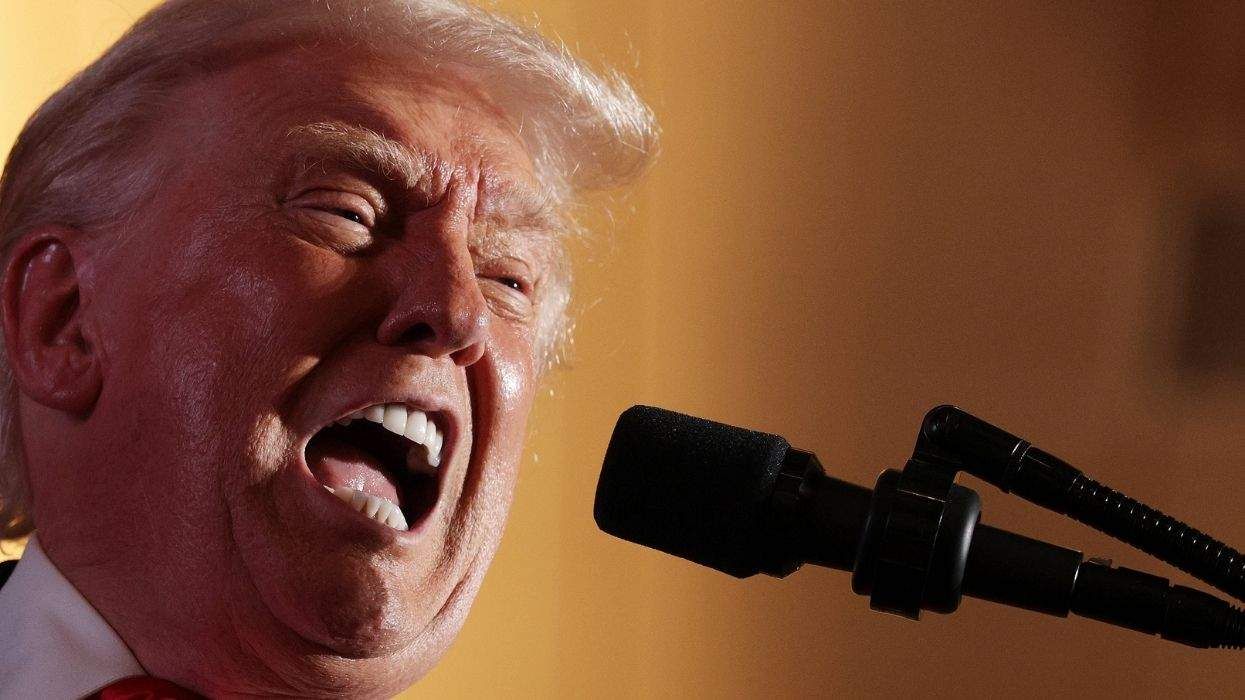

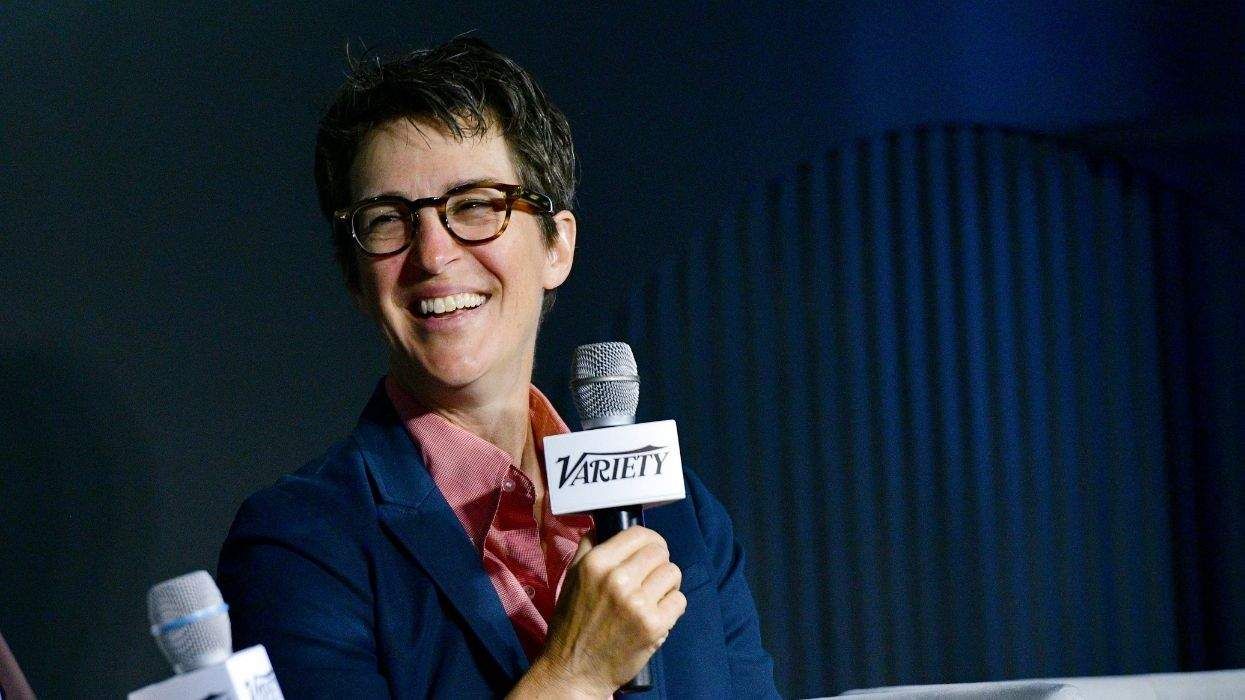
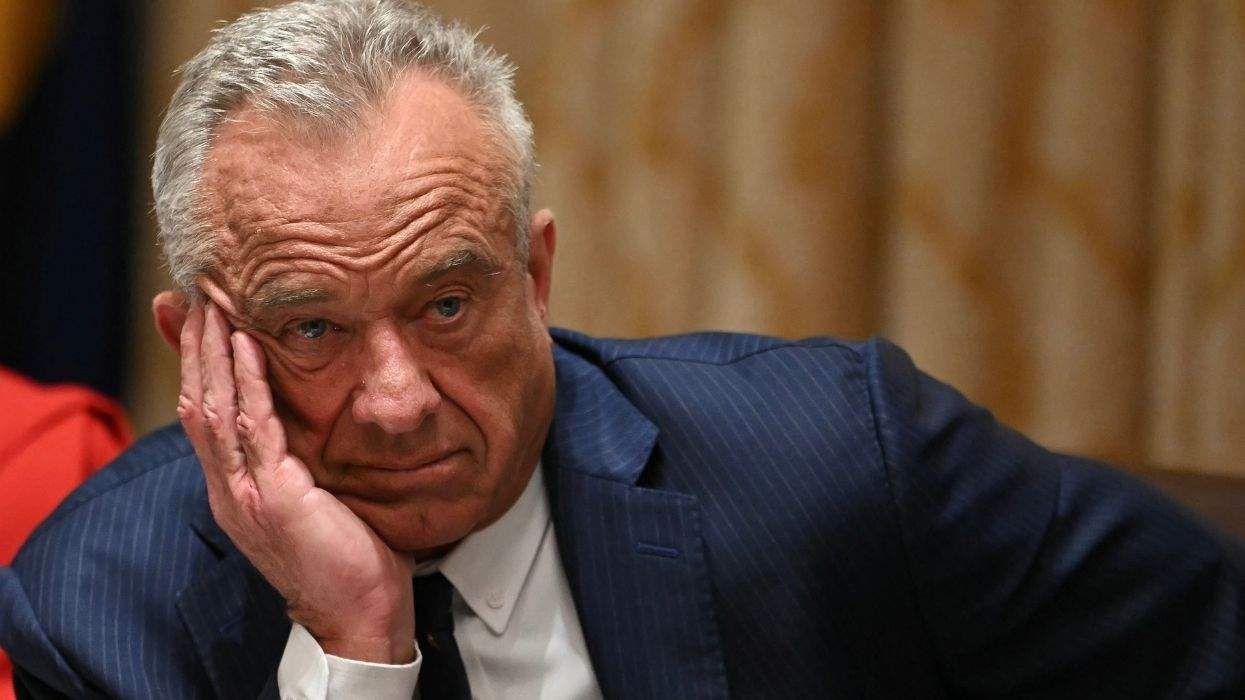
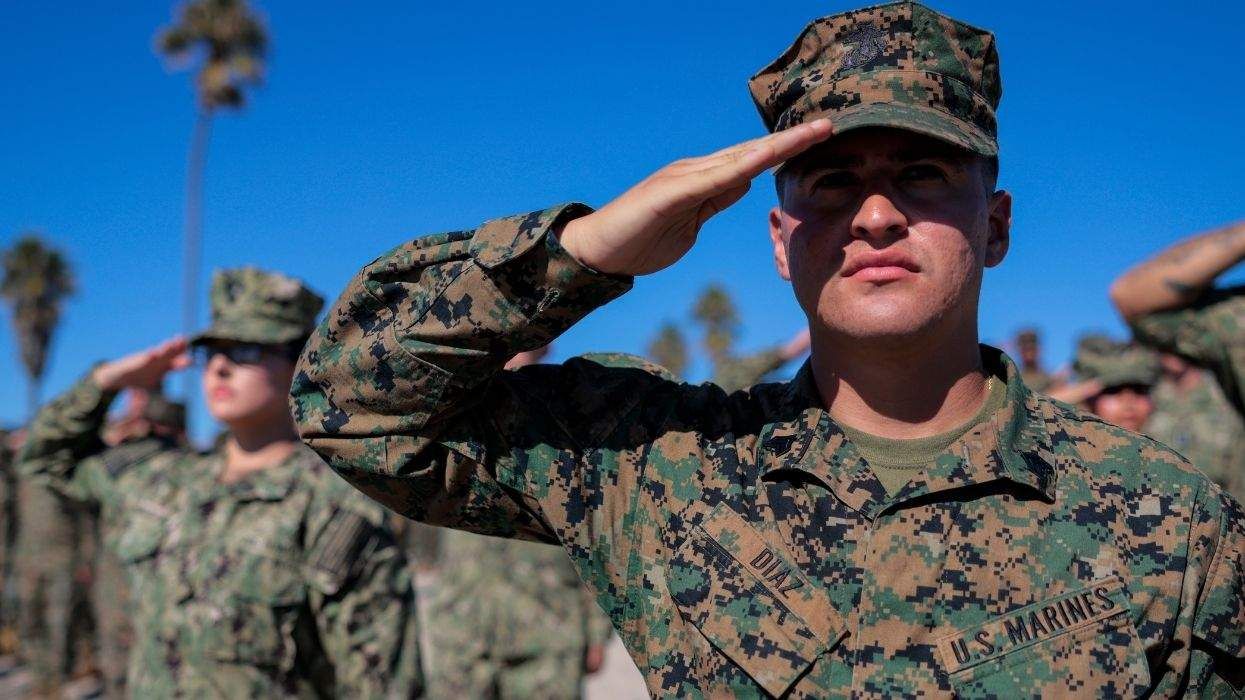
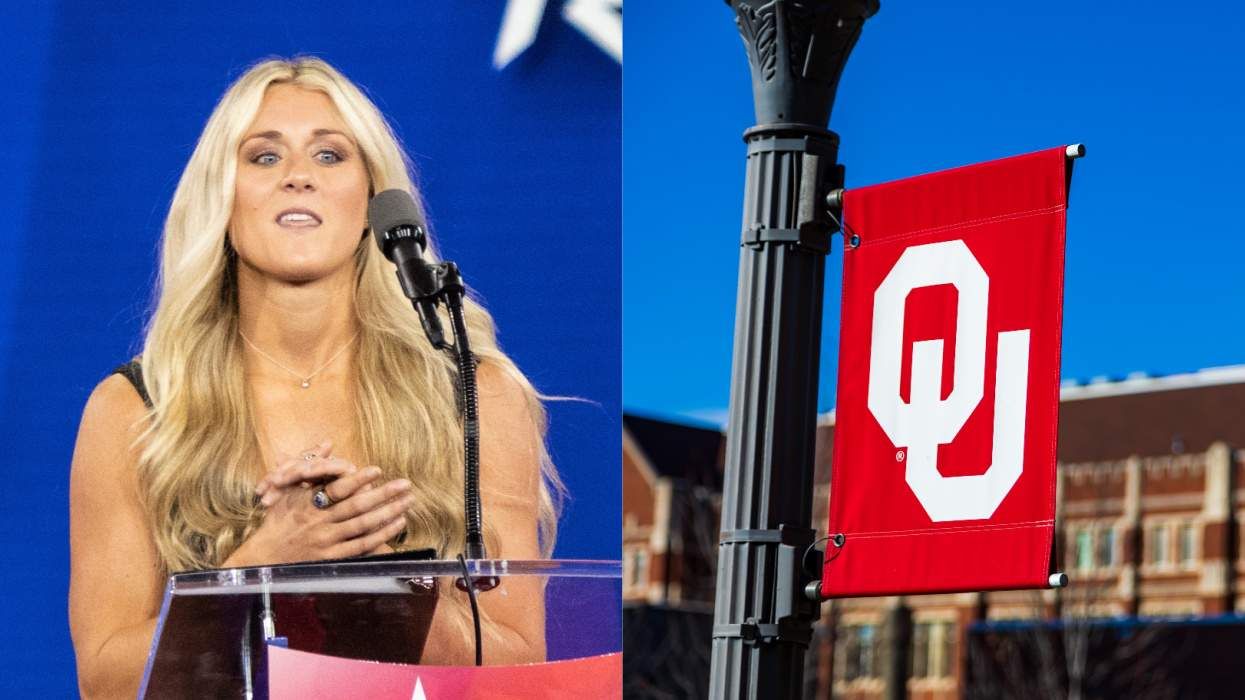


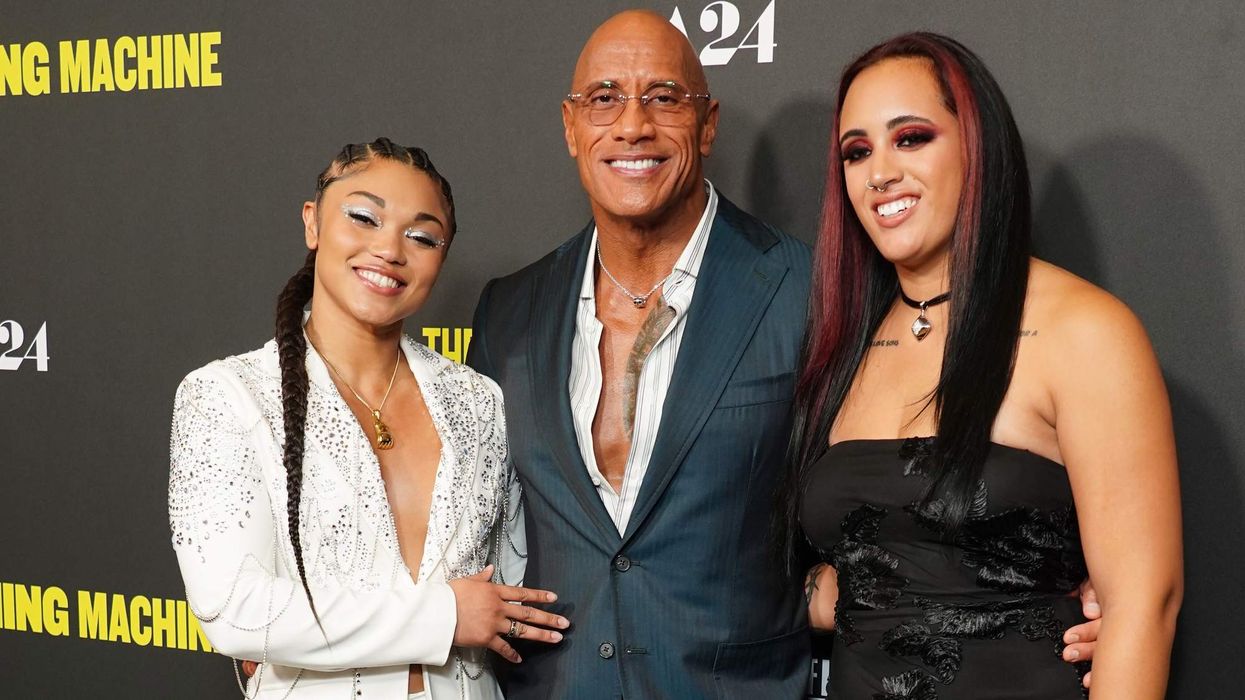
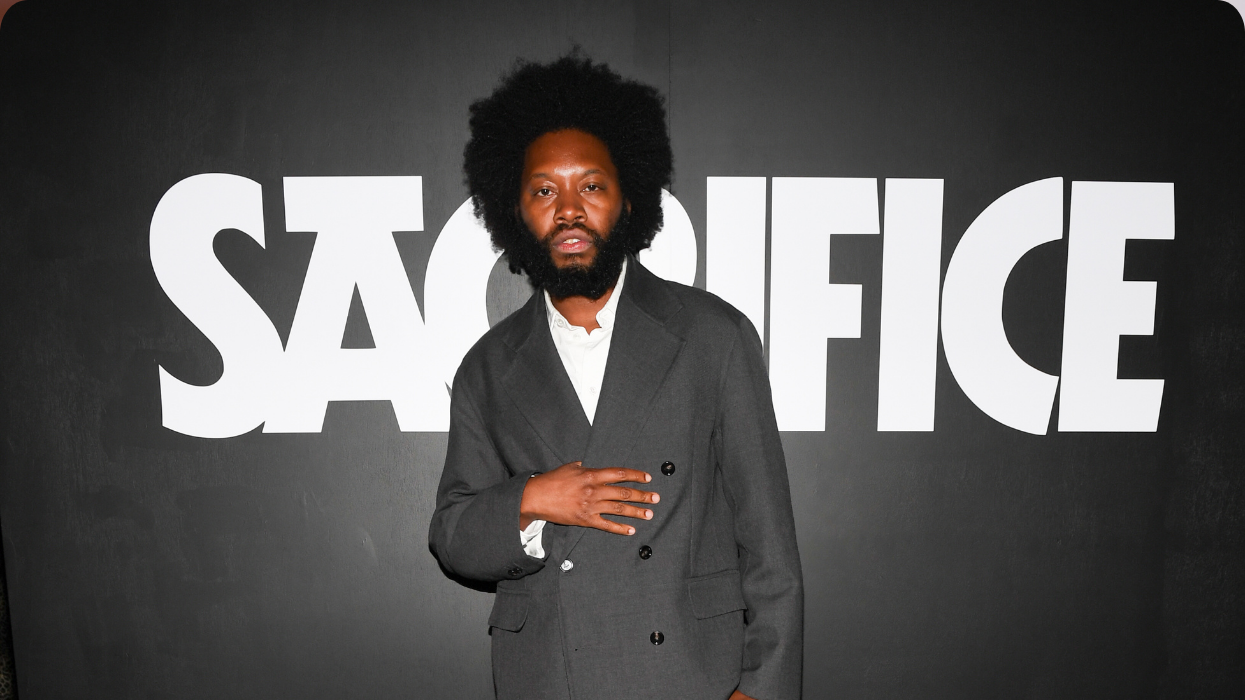
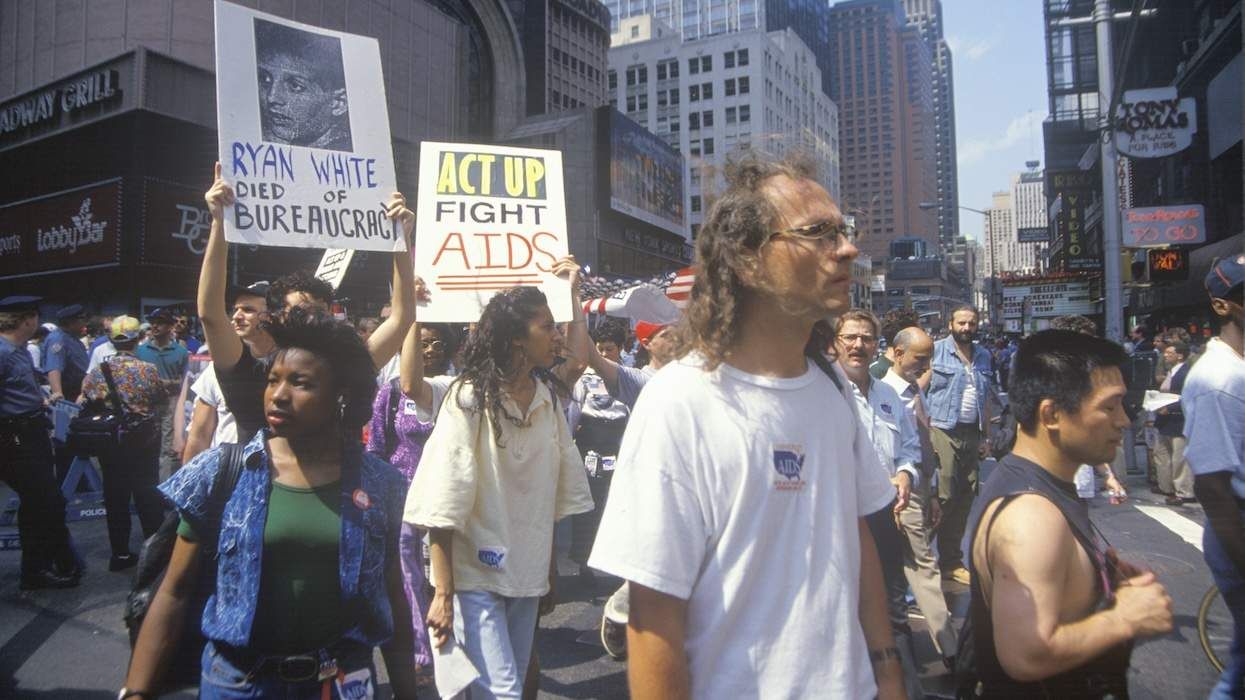
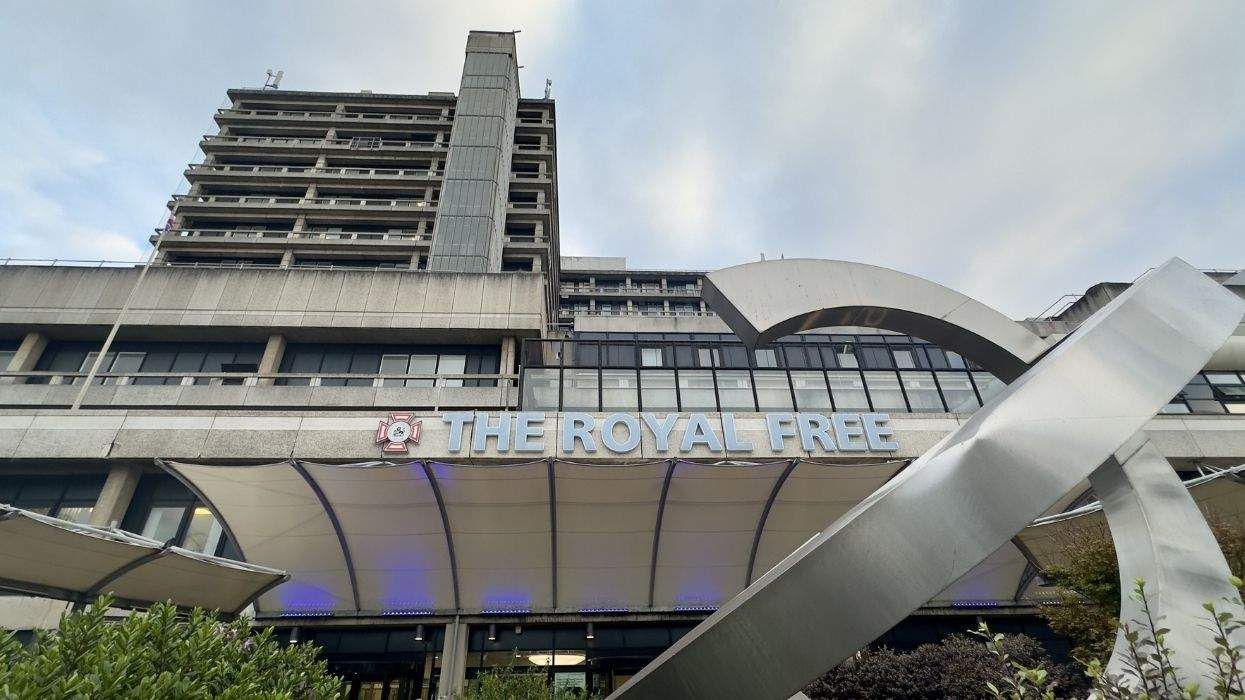

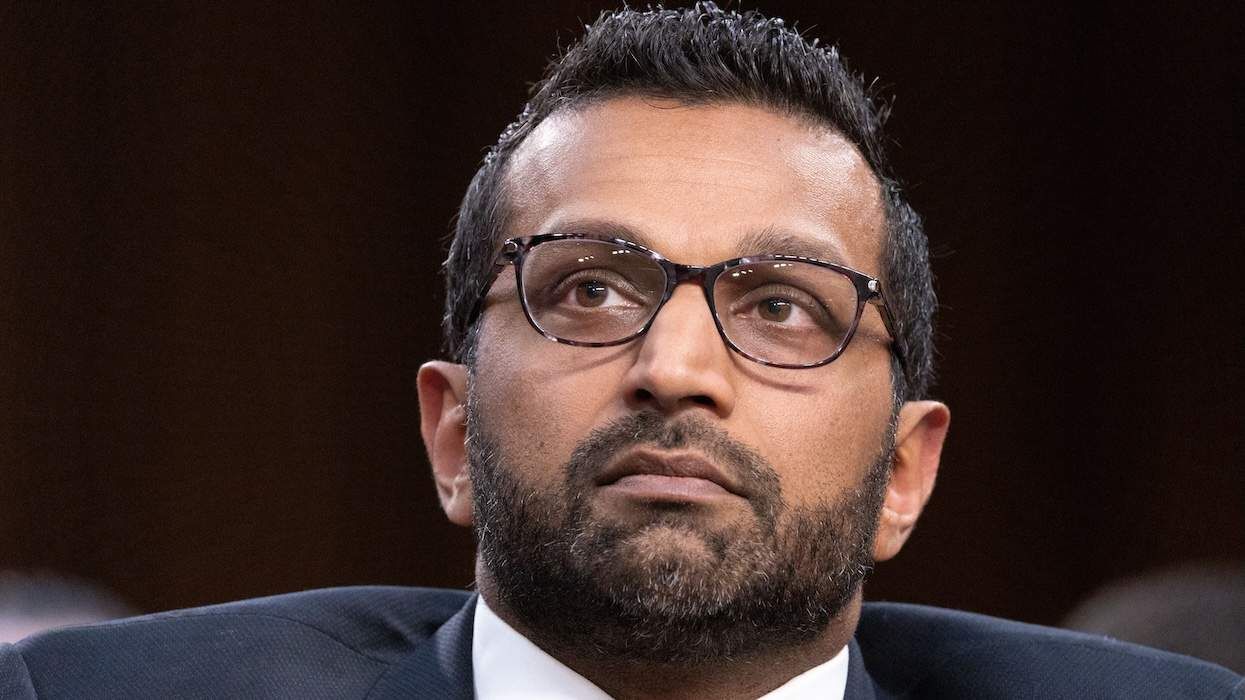
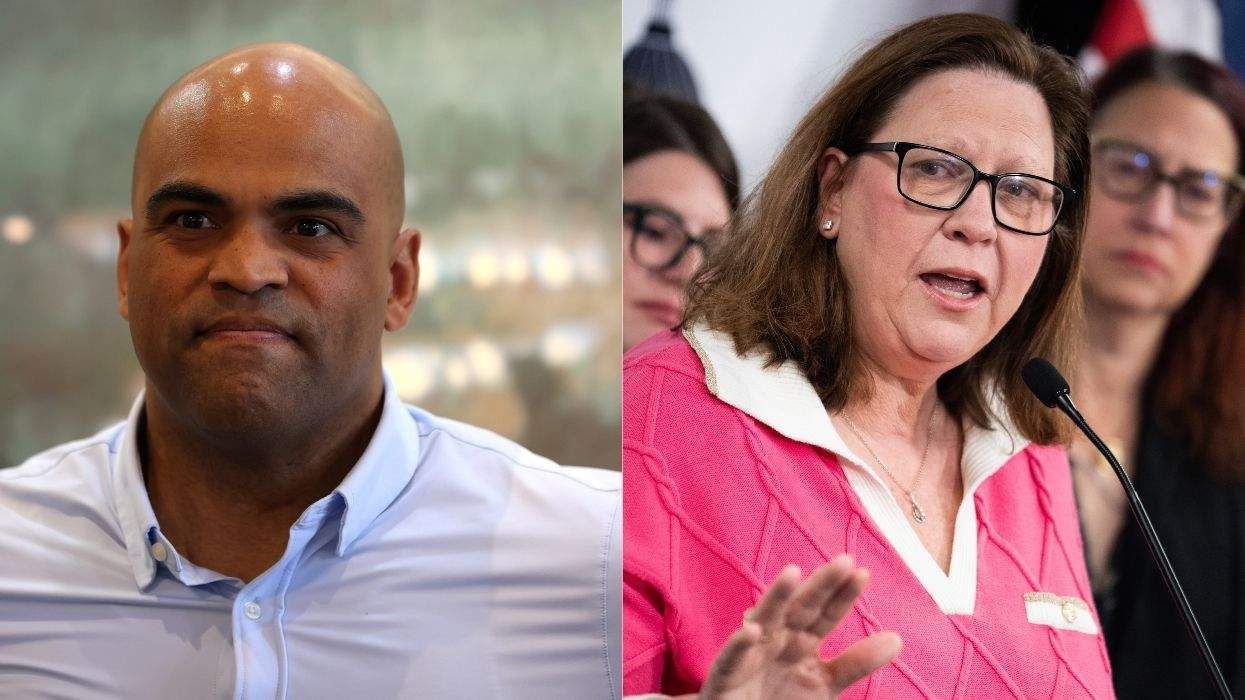

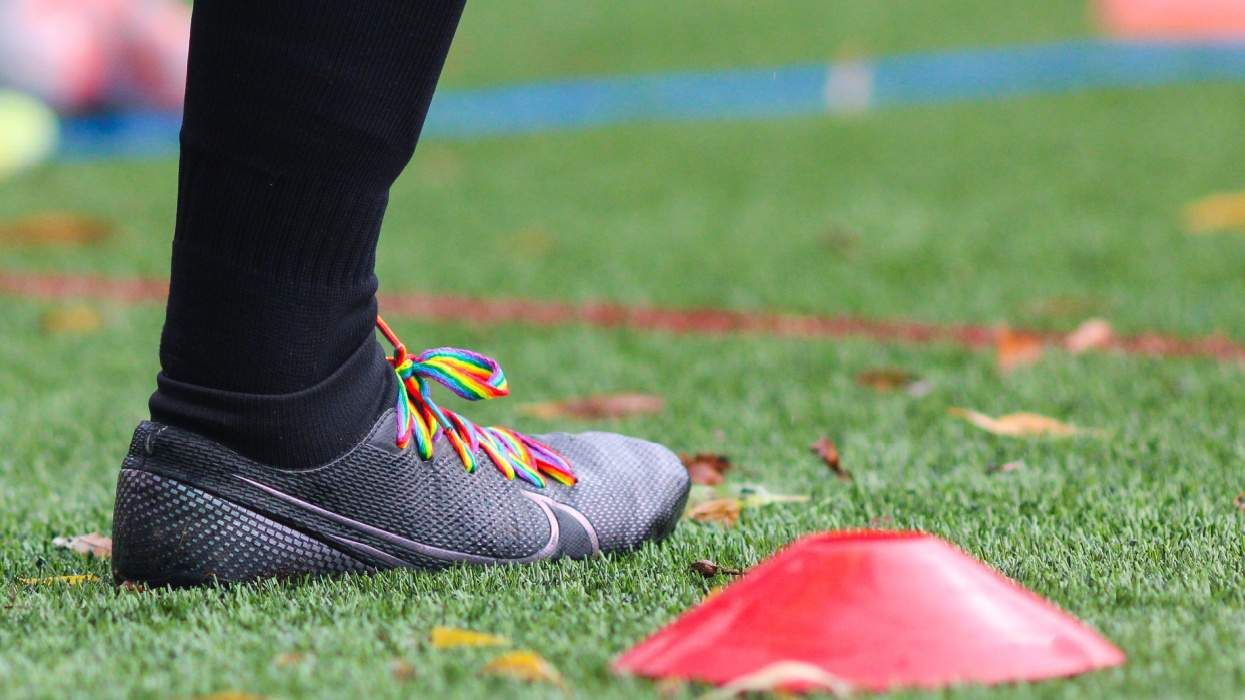
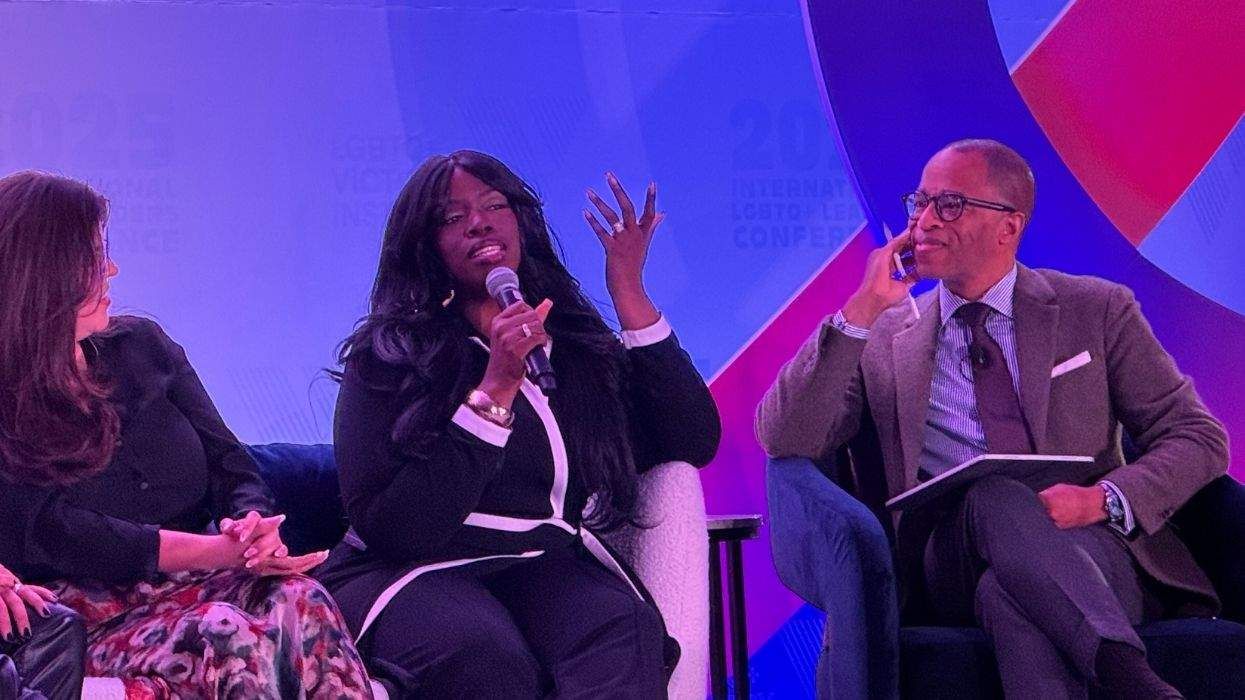
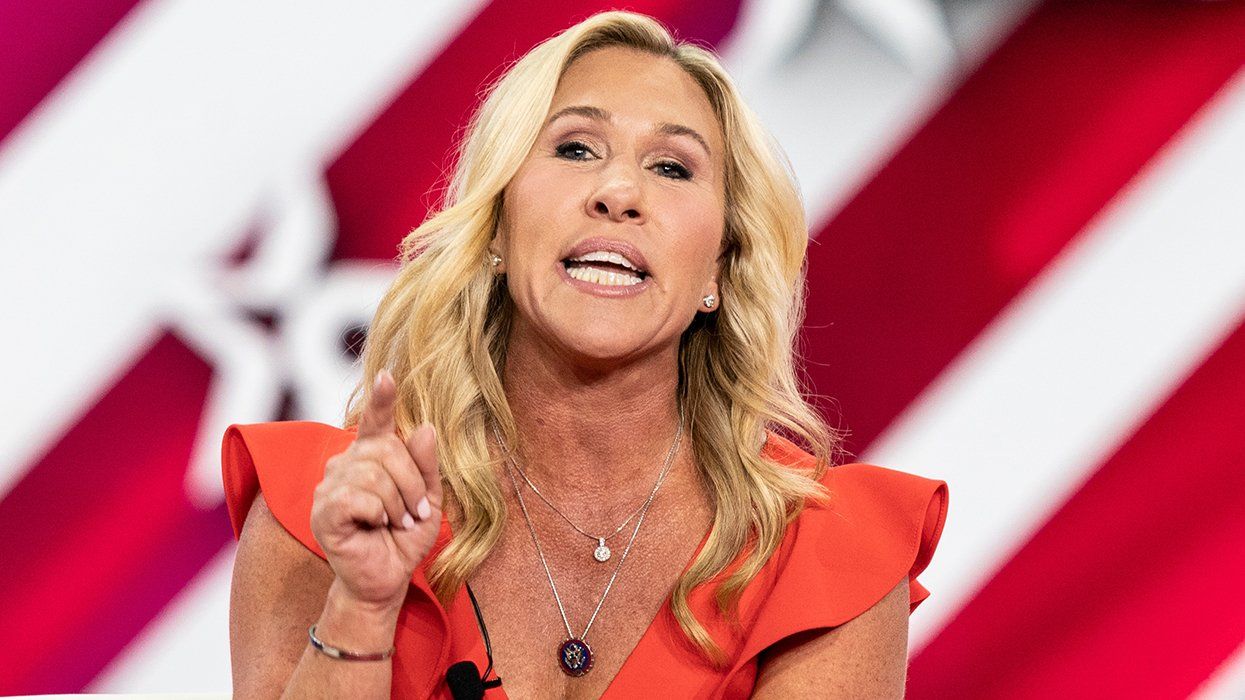















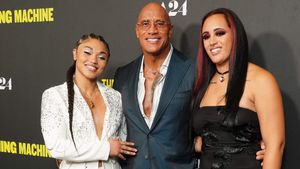



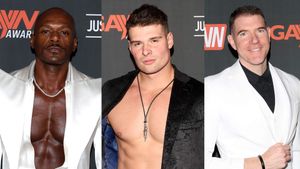

















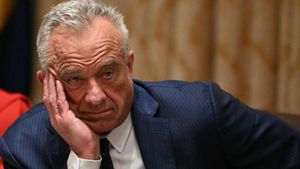



Charlie Kirk DID say stoning gay people was the 'perfect law' — and these other heinous quotes